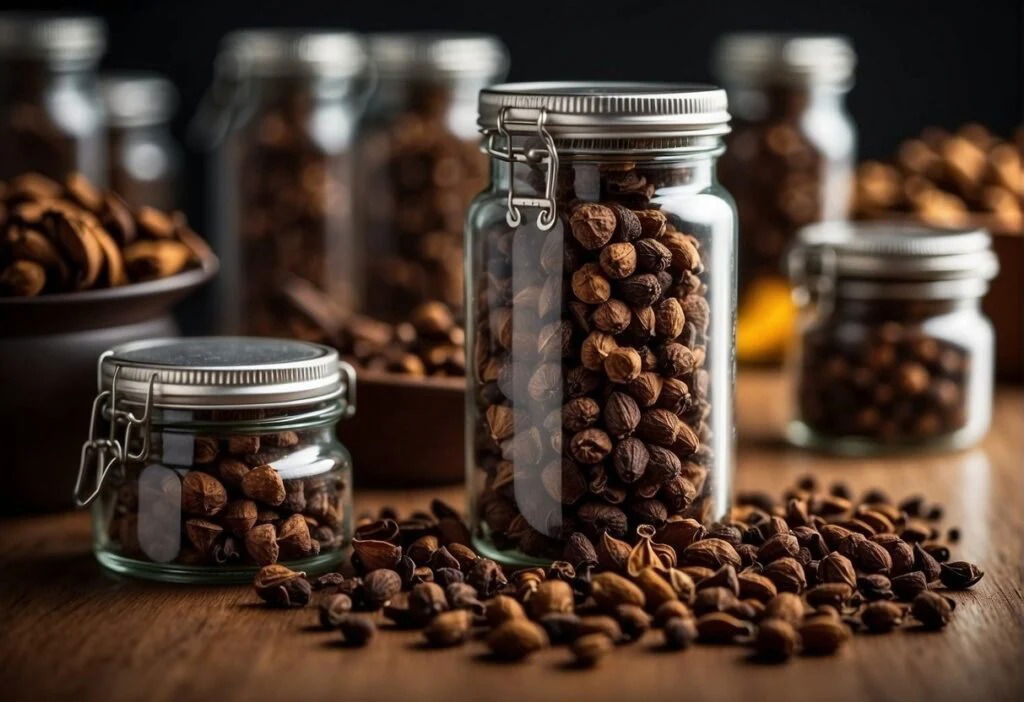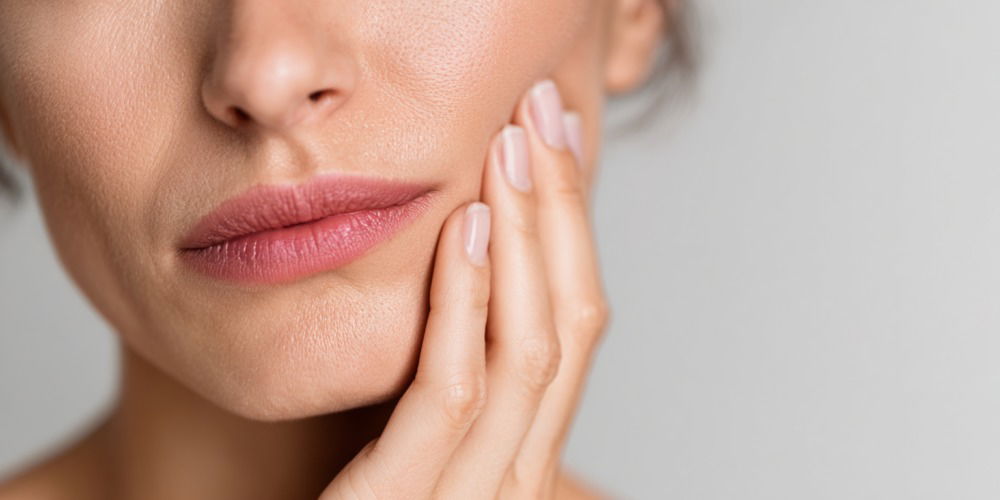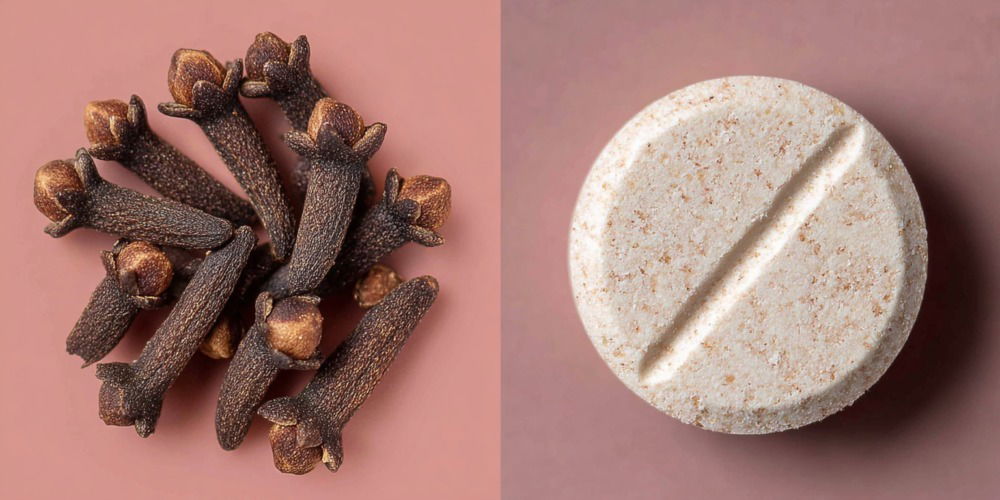
We all have that one spice sitting unnoticed in the back of our kitchen cabinet. For many, it’s clove—small, dark, and often unused. Despite its humble size, clove is a powerhouse.
It’s known for easing pain, reducing inflammation, and offering support to heart health.
However, like any potent remedy, its effectiveness depends entirely on how it’s used. Missteps can easily turn this helpful spice into a source of harm.
Here are seven common mistakes people make with cloves — and how to avoid them.
Mistake #1: Mistaking Numbness for an Allergy

A common scenario plays out like this: someone hears cloves help with toothaches, pops one in their mouth, and within seconds, their tongue feels numb.
They panic, thinking it’s an allergic reaction. In truth, that numbness is normal. It comes from eugenol, a compound in clove that numbs pain — it’s the same substance dentists sometimes use.
The numbness is temporary and local. Unfortunately, many people spit the clove out and never try it again, missing out on its genuine benefits due to a harmless and short-lived effect.
Mistake #2: Storing Cloves Improperly

Cloves lose their potency when exposed to heat, moisture, or light, which is exactly what happens when they’re stored in a jar near the stove or on a sunny kitchen shelf.
Over time, their eugenol content drops significantly. To preserve their power, cloves should be stored in airtight dark glass or ceramic containers, kept in a cool, dry place like a pantry.
Whole cloves last longer than ground ones, but even they have a shelf life. The easiest way to check freshness? Smell them. A strong, spicy aroma means they’re still potent.
Mistake #3: Overdoing It

A couple of cloves a day — chewed or brewed in tea — is generally safe. But some people go overboard, consuming many cloves daily or brewing super-strong teas with large amounts.
Excessive intake can irritate the stomach, cause nausea, or strain the liver due to the high concentration of eugenol.
The liver processes everything we consume, and too much of this compound can be harmful.
Moderation is key: one or two whole cloves a day is enough to gain benefits without risking side effects.
Mistake #4: Combining Cloves with Diabetes Medication

Cloves may help reduce blood sugar, which is a benefit — unless you’re already on medications like insulin or metformin.
When combined, the effects may lower your blood sugar too much, leading to dizziness, weakness, or confusion.
If you have diabetes or prediabetes, consult your doctor before adding cloves to your regimen and monitor your sugar levels closely at first.
Mistake #5: Replacing Dental Care with Clove Use

While cloves can temporarily ease a toothache, they do not treat the underlying cause.
Relying on them for long-term relief without seeing a dentist can make a dental issue worse over time.
Cloves can mask pain, but they don’t stop infection. Use them as a temporary remedy, not a permanent fix.
Mistake #6: Misusing Clove Essential Oil

Clove essential oil is incredibly strong — one drop equals dozens of whole cloves. Applying it directly to skin or gums can cause burns.
It must be diluted in a carrier oil, and even then, only used sparingly. Drinking it is extremely dangerous and can lead to liver damage.
Clove oil is best reserved for aromatherapy or diluted topical use — never ingestion.
Mistake #7: Overlooking Drug Interactions

Cloves have a blood-thinning effect. That’s helpful in some cases, but risky if you’re taking medications like aspirin or warfarin, or if you’re scheduled for surgery.
Many don’t realize this natural spice can impact bleeding. Natural or not, cloves act on the body chemically, just like medications.
Always check for interactions, no matter how innocent a spice might seem.
Used wisely, cloves are powerful allies in natural health. But a little knowledge goes a long way in making sure they help, not hurt.




















